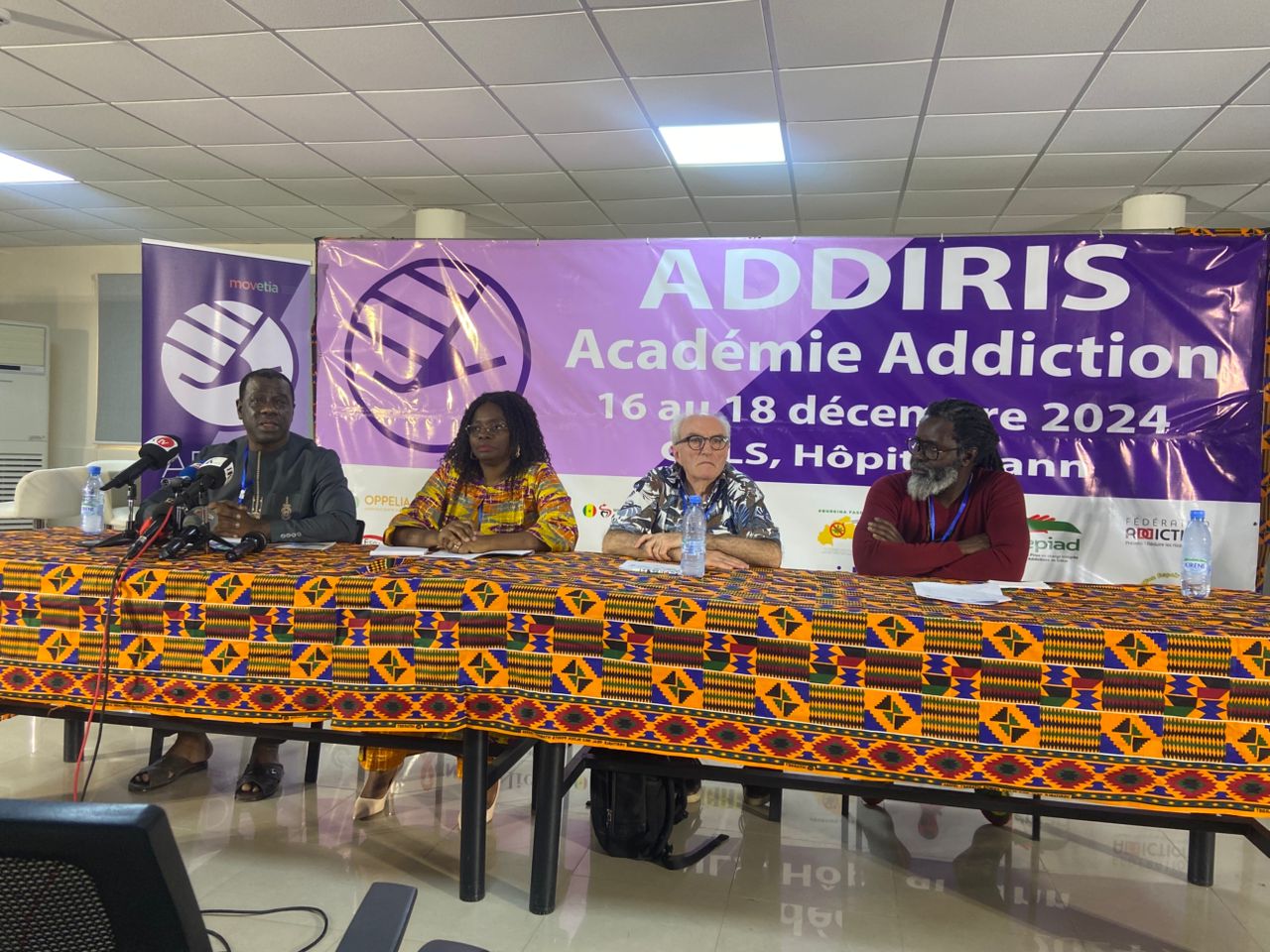During a meeting in Dakar, the members of the ADDIRIS network called for a radical shift in public addiction policies. Their demand focuses on integrating human rights, dignity, health, and public safety at the core of addiction management strategies.
Authorities from multiple Francophone countries gathered to discuss the formation of the ADDIRIS network, which aims to promote risk reduction as a practical and human response to addiction challenges. This three-day meeting laid the groundwork for this new organization dedicated to implementing progressive addiction policies.
The participants emphasized the importance of adopting policies based on field expertise, scientific advancements, and intercultural exchanges. Professor Idrissa Ba, Director of Senegal’s Integrated Addiction Care Centre (CPIAD), explained the need for evolving practices in addiction management, emphasizing that traditional strategies are no longer sufficient in a domain as dynamic as drug addiction.
Abdou Ndiaye, from France, highlighted that drug consumption often stems from precarious living conditions, masking the true issue of socioeconomic insecurity prevalent in multiple areas, including Dakar’s suburbs.
The ADDIRIS meeting concluded with a manifesto adopted by member countries including Burkina Faso, Côte d’Ivoire, France, Canada (Québec), Senegal, and Switzerland. The document underscores the importance of cooperation in shaping coherent and sustainable drug policies.
The network criticizes current repressive and prohibitive drug policies as ineffective in reducing addiction-related social harm and suggests these approaches have led to human rights violations.
The manifesto calls for the decriminalization of drug consumption and associated acts, advocating instead for market regulation by the state to ensure citizen safety and health, and promoting innovative, integrated services to effectively address the complex needs of those affected.

